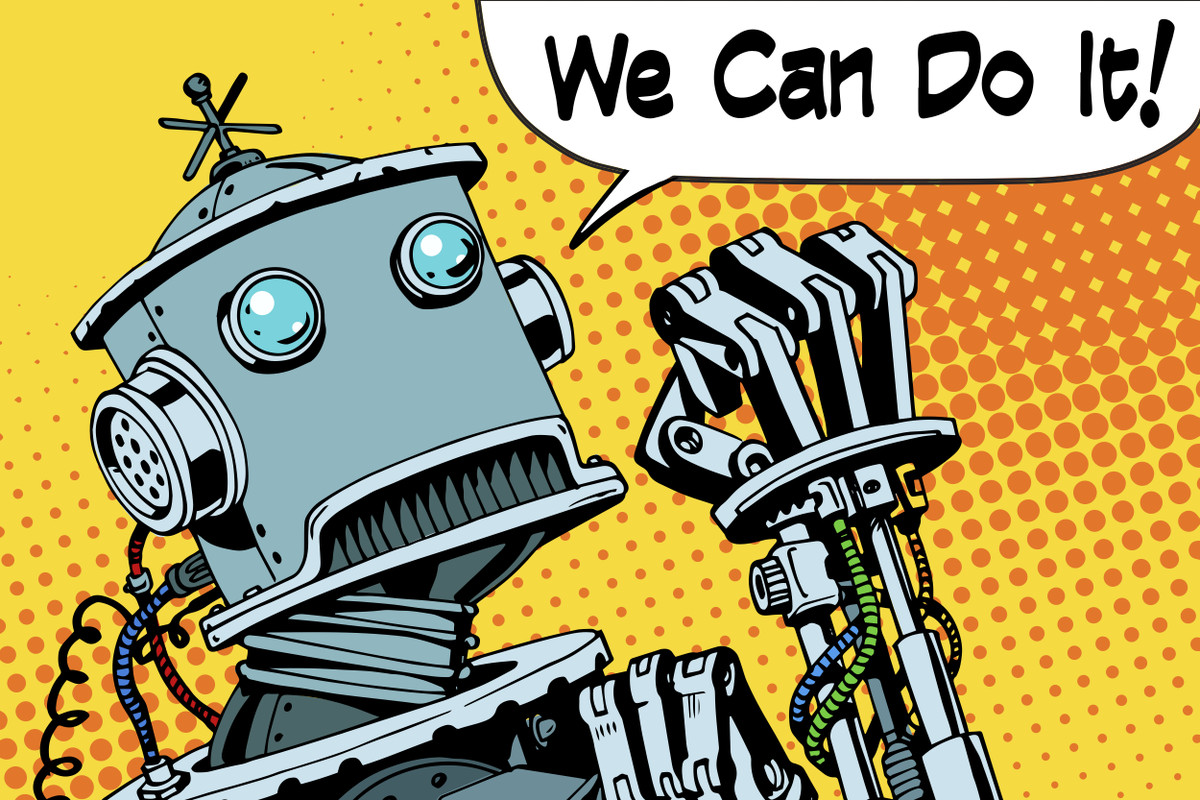There’s a big debate going on in policy and tech circles over whether or not artificial intelligence will turn out to be a good thing or a bad thing for society. One side sees AI primarily as a job destroyer , while the other sees it as a means to liberate workers from mindless administrative tasks. Both sides are missing a bigger point: AI is coming one way or the other; what matters is how we respond.
copyright by www.recode.net
 The onset of AI in the workplace raises instead a new set of far more important questions that deal more directly with this reality: How can we use artificial intelligence to help us constantly get better at our jobs, learning necessary new skills along the way? How can AI be used to help workers rise above the mundane tasks it is automating away? How can we use artificial intelligence to help us constantly get better at our jobs, learning necessary new skills along the way? The answer is something we’ve dubbed the “coaching cloud,” and it forms the foundation of a major advance in how I think businesses will use software to augment the capacity for human learning. I also believe it will drive the creation of the next generation of iconic enterprise software companies.
The onset of AI in the workplace raises instead a new set of far more important questions that deal more directly with this reality: How can we use artificial intelligence to help us constantly get better at our jobs, learning necessary new skills along the way? How can AI be used to help workers rise above the mundane tasks it is automating away? How can we use artificial intelligence to help us constantly get better at our jobs, learning necessary new skills along the way? The answer is something we’ve dubbed the “coaching cloud,” and it forms the foundation of a major advance in how I think businesses will use software to augment the capacity for human learning. I also believe it will drive the creation of the next generation of iconic enterprise software companies.
For 40 years, business software has essentially replaced processes that previously required paper forms. I worked with Marc Benioff in the early days of Salesforce.com, and though delivering multi-tenant software over the web was a huge breakthrough, for users, it was largely the same experience of forms. I think dynamic coaching will finally replace the old forms-based paradigm. Instead of giving us static workflows and reporting tools, this new software will help us get better at our jobs.
As AI capabilities improve, we can either treat it as a crutch that relieves us from thinking — examples include Waze and Google Maps — or as an asset that helps us use our brains more effectively and creatively. […]
read more – copyright by www.recode.net


There’s a big debate going on in policy and tech circles over whether or not artificial intelligence will turn out to be a good thing or a bad thing for society. One side sees AI primarily as a job destroyer , while the other sees it as a means to liberate workers from mindless administrative tasks. Both sides are missing a bigger point: AI is coming one way or the other; what matters is how we respond.
copyright by www.recode.net
For 40 years, business software has essentially replaced processes that previously required paper forms. I worked with Marc Benioff in the early days of Salesforce.com, and though delivering multi-tenant software over the web was a huge breakthrough, for users, it was largely the same experience of forms. I think dynamic coaching will finally replace the old forms-based paradigm. Instead of giving us static workflows and reporting tools, this new software will help us get better at our jobs.
As AI capabilities improve, we can either treat it as a crutch that relieves us from thinking — examples include Waze and Google Maps — or as an asset that helps us use our brains more effectively and creatively. […]
read more – copyright by www.recode.net
Share this: